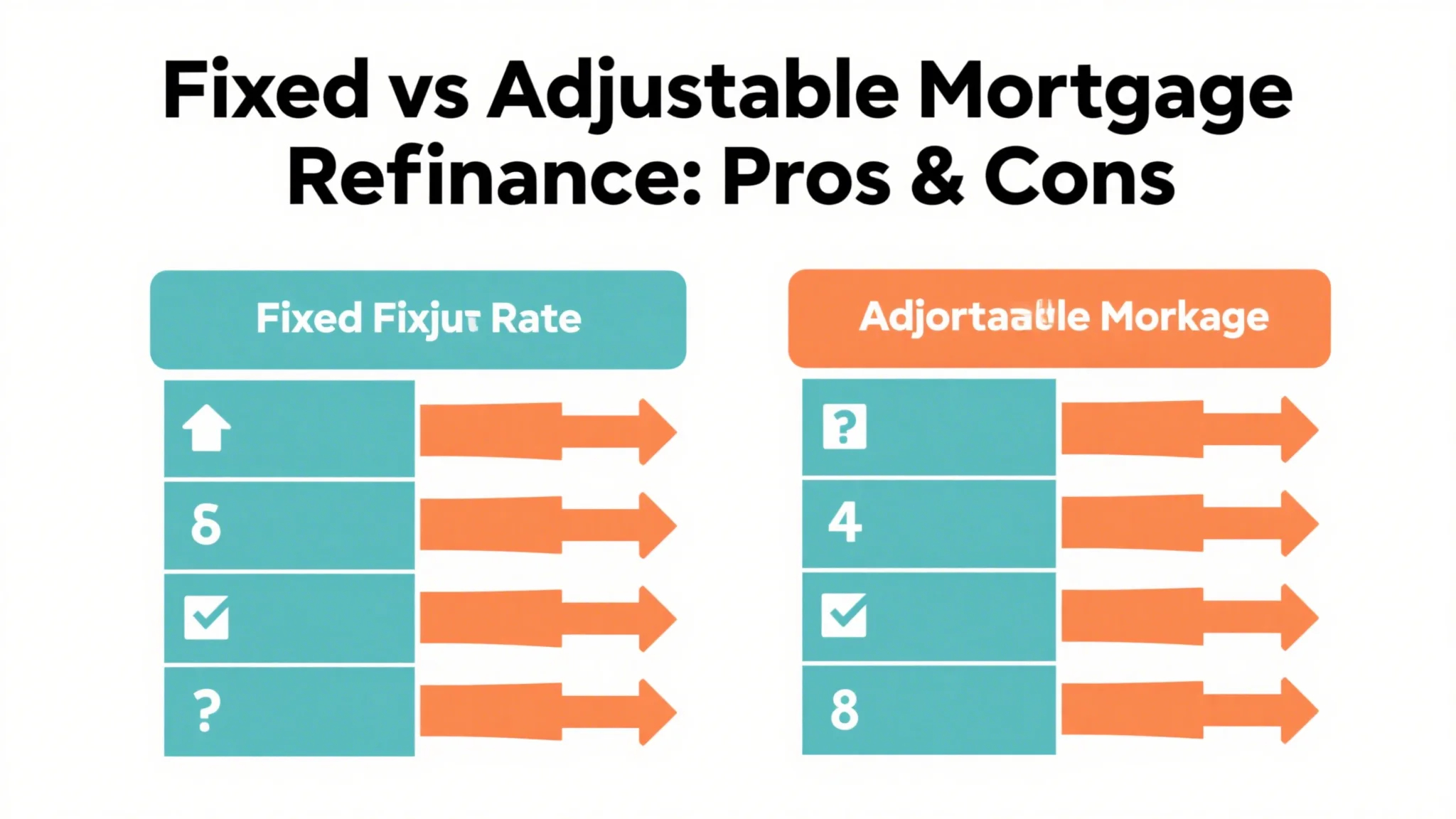Understanding Your Denied Claim and Taking the First Steps
Receiving a denied claim letter can leave you feeling defeated, but it’s important to remember that this isn’t the final word. Claims are denied for a variety of reasons, ranging from misunderstandings to errors in the application process. Whether it’s an insurance claim, a Social Security disability claim, or a denied benefit, there are steps you can take to challenge the decision and work toward a favorable outcome.

First, it’s crucial to understand why your claim was denied. Most denial letters include a specific reason for the decision, such as insufficient evidence, lack of documentation, or a determination that you don’t meet the eligibility criteria. Take the time to carefully read and analyze the denial letter to identify the exact reason for the rejection. This will help you determine the best approach for appealing the decision.
Once you’ve identified the reason for denial, the next step is to gather all the necessary documentation and evidence to support your case. This may include medical records, letters from doctors, financial statements, or any other relevant paperwork. It’s essential to ensure that your documentation is thorough and directly addresses the reason your claim was denied. For example, if your claim was denied due to insufficient medical evidence, you should compile a comprehensive file that includes detailed medical records and expert opinions to support your case.
In addition to gathering documentation, it’s important to understand the appeal process. Most claims have a formal process for appealing a denied decision, which may include submitting additional evidence, requesting a hearing, or appealing to a higher authority. Familiarize yourself with the specific steps required for your type of claim and make sure you adhere to any deadlines. Missing a deadline can result in your appeal being dismissed, so it’s crucial to stay organized and proactive throughout the process.
Another key step is to communicate effectively with the parties involved. If your claim was denied by an insurance company, for example, you should reach out to them to discuss the denial and provide additional information. This can often resolve the issue without needing to escalate it further. However, if the denial was made by a government agency or a large organization, you may need to involve legal or advocacy groups to help you navigate the process.
Finally, don’t be afraid to seek professional assistance. If you’re unsure about how to proceed or if the appeal process seems too complex, consider consulting with an attorney or a claims expert who specializes in your type of claim. They can provide guidance, help you gather evidence, and represent your interests throughout the appeal process.
By taking these initial steps, you can set the foundation for a successful appeal and increase your chances of overturning the denied claim.
Building a Strong Case and Winning Your Appeal
Once you’ve gathered your documentation and understood the appeal process, it’s time to build a strong case to support your claim. The key to winning your appeal is to present a well-organized, persuasive argument that addresses the reasons for the denial and provides compelling evidence to support your position.
One of the most important aspects of any appeal is the presentation of evidence. Your evidence should be clear, relevant, and directly tied to the reason your claim was denied. For example, if your claim was denied because the reviewing party felt your medical condition wasn’t severe enough, you should provide detailed medical records, treatment plans, and perhaps even a statement from your doctor that outlines the impact of your condition on your daily life.
In addition to medical evidence, you may need to provide personal statements or affidavits from individuals who can attest to your situation. Friends, family members, or colleagues who can speak to your condition or circumstances can provide valuable support for your claim. Their statements should be specific and credible, as vague or unsupported claims may not carry much weight.
Another critical component of a successful appeal is the structure of your argument. You should outline your case clearly, addressing each reason for denial and providing evidence to counter it. If your claim was denied due to a lack of documentation, for instance, you should detail the steps you’ve taken to gather and submit the necessary information. If the denial was based on a misunderstanding of your situation, you should provide clarification and additional context to help the reviewing party understand your case better.
It’s also important to be persistent and proactive throughout the appeal process. Follow up on your submissions, request updates on the status of your claim, and be prepared to provide additional information if needed. Persistence can often make the difference between a claim being approved and it being dismissed due to delays or lack of communication.
In some cases, it may be necessary to escalate your appeal to a higher authority or even take legal action. If the denial was based on a violation of your rights or a failure to follow proper procedures, you may need to involve legal professionals to ensure your case is handled fairly. For example, if you believe the denial was due to discrimination or an unfair process, you may need to file a complaint with the appropriate regulatory agency or pursue legal remedies.
Finally, remember to stay positive and persistent throughout the process. Winning an appeal can take time and effort, but with the right approach and determination, you can increase your chances of success. Celebrate small victories along the way and remain focused on your ultimate goal of reversing the denied claim.
By following these steps and building a strong, well-supported case, you can fight back against a denied claim and work toward a favorable outcome. Whether it’s an insurance claim, a benefits denial, or any other type of claim, don’t let the initial rejection discourage you. With the right strategy and persistence, you can win your appeal and secure the outcome you deserve.




